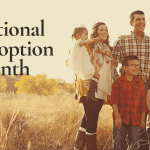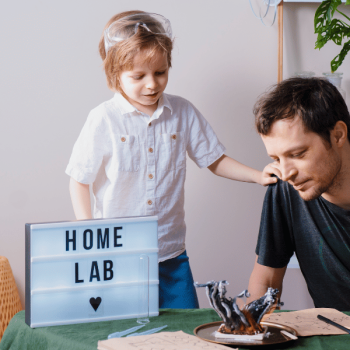 Step # 2: Express your gratitude – don’t just think it
Step # 2: Express your gratitude – don’t just think it
In 2015, some Indiana University researchers discovered the secret sauce to thankfulness that many of us miss: Gratitude has to be expressed in order to have the impact we are hoping for.
I was particularly interested in this, since our research for the 30-Day Kindness Challenge found that we don’t actually express gratitude and praise nearly as often as we think we do! We think it, but somehow we don’t actually say it.
The Indiana University researchers explained that most gratitude studies were done among the general population, including those doing great in their mental and emotional health. These researchers instead wanted to look at whether thankfulness had any impact on people having a challenging time. So they studied adults starting counseling for depression and anxiety, and randomly assigned them to one of three groups. The first group was asked to write a letter of gratitude to another person each week for three weeks. (This expression of gratitude didn’t even have to reach the person they were grateful for; only 23% of the participants actually sent the letters). The second group wrote about their feelings and concerns; essentially, they wrote about why they were in counseling. The third set was the control group; they didn’t do any writing.
It wasn’t even close. The first group had the best improvement in their mental health and feelings of gratitude. But here’s the interesting part: it grew over time! Most “think positively” experiments find a spike in positive feelings, which return to baseline before too long. But in the wake of actually expressing (not just thinking about) thankfulness, the positive impact on these participants strengthened in the following months. Even though the first group only wrote their “gratitude letters” for three weeks, they were still doing far better three months later! The researchers were so struck by this that they did fMRI scans on the brains of those in the “expressive” group and found they had more neural sensitivity in the medial prefrontal cortex – which is where you learn and make decisions. In other words, their brains appeared to have “woken up” to the benefits of purposefully expressing gratitude, so they felt a need to do it even more. Which, as you can imagine, creates a positive cycle.













